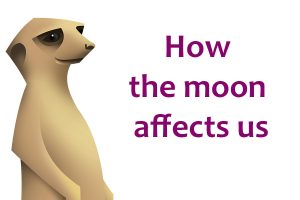Shy Hermit Crabs Have More Luck with the Ladies
Nice guys finish last? Not for the hermit crab – shy males produce more sperm and are more successful with the ladies.
While we accept the individual differences in behaviour between humans without question, terming it ‘personality’, the idea personality in animals has been met with great scepticism. However, evidence for consistent behavioural differences between individuals, known as personality or behavioural syndromes, is now widespread, the question remaining is why? What is the benefit of personality? Some scientists suggest that different personalities represent different life strategies relating to risk taking and investing in the future, others suggest that personalities exist because environmental conditions are variable and different strategies fair better under different conditions.
Continue reading

